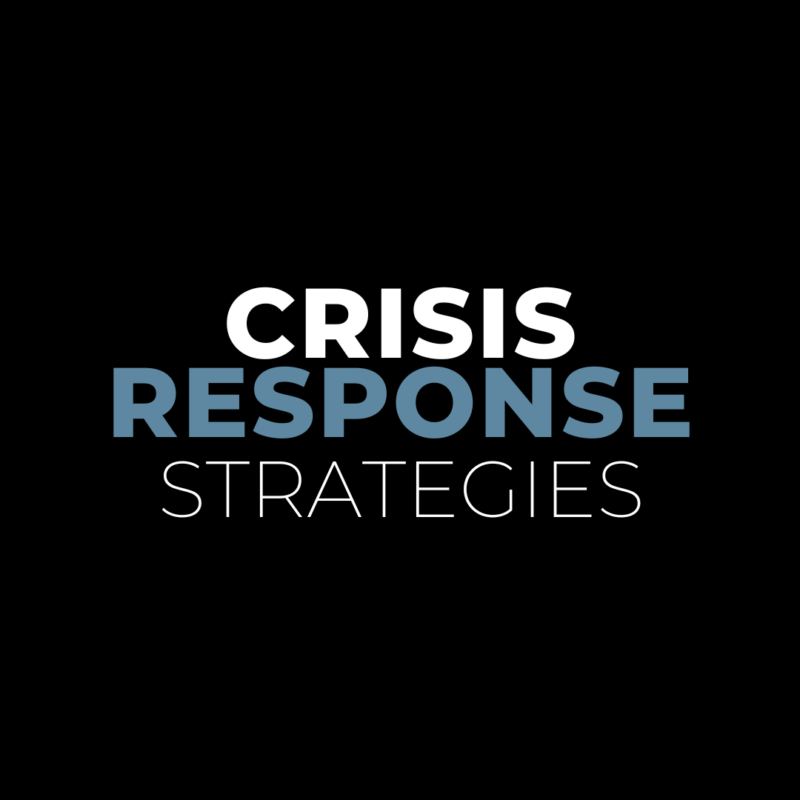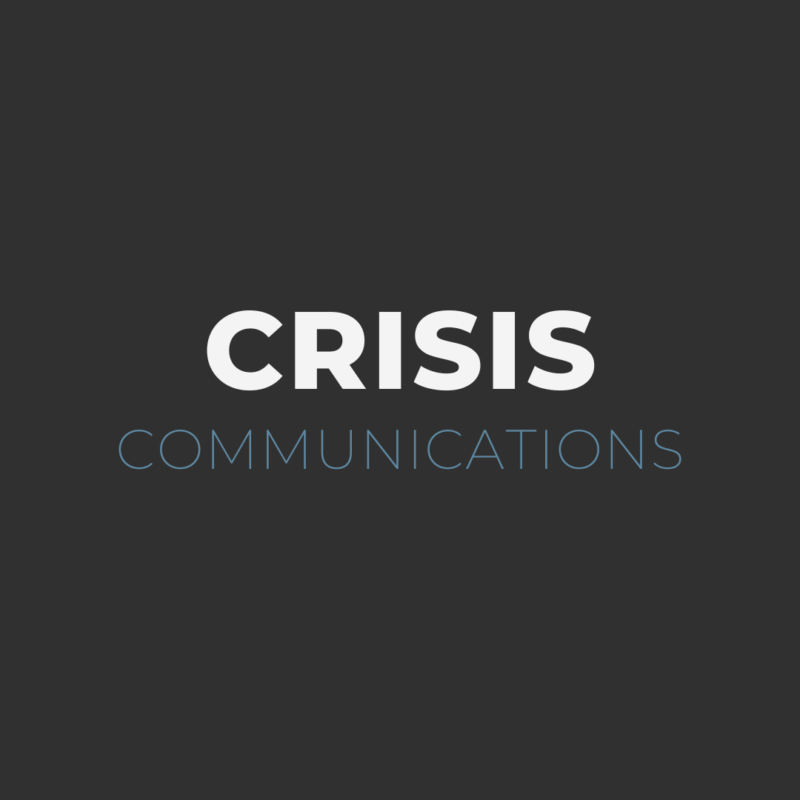When tragedy strikes
Smart businesses work diligently to prepare for avoidable crises. Action steps and communication plans fill pages of corporate emergency management plans. Signs are hung, memos are sent, and drills are run. But, there are rare tragedies that befall a business that cannot be prevented or even prepared for intricately. Because the nature of the event is gut-wrenching and unpredictable, your crisis plan may not outline exactly how to handle the situation.
Countless brands have been linked to unthinkable tragedy, and likely more will be added to the list as time moves forward. As public relations professionals, it’s paramount that we remove our rose-colored glasses and have difficult discussions about how to react to the worst possible situations. How should those discussions go?
First, companies should know that silence is not an option. With social media mentions mounting and reporters calling, it’s crucial that companies involved in tragedies communicate clearly and quickly.
Courtney Ellett, our firm’s owner, noted in the wake of a recent tragedy, “It’s important to know that how a company responds, even when not responsible, can provide needed and positive notes even during the darkest of times.”
While a company can’t change what happened, the way it speaks about and reacts to a crisis can shape the long-term conversation. Considerations include:
- Think through audiences in that specific situation and understand in what order these audiences should be communicated with and how. Company leadership, including communication staff, can rally together and consider ramifications of the tragedy and how people present are impacted.
- Outline how the company can ease the burden these ramifications place on victims. Offering free counseling, paying medical expenses for injured individuals, or setting up scholarships and charitable donations in honor of victims can help support those affected. Businesses should clearly and quickly articulate this plan, both internally and externally, and execute every aspect regardless of time needed or cost incurred.
- Communicate with those uninvolved but still impacted: employees and loyal customers. Is there something about the brand that made you more susceptible to this crisis? Can the company make a change to prevent this from happening in the future? If so, work to make changes that are both timely and thorough.
- Consider public sentiment and perception. How will the brand be impacted by this crisis? Are there any falsehoods or rumors surrounding the situation? It’s on the business to ensure the story is being accurately represented and to present the plan to alleviate the pain of all parties involved.
- Be mindful of tone and genuine in action. While the situation requires immediacy, leaders must not react in haste or make promises that can’t be kept. The public is incredibly perceptive, and it’s crucial to mean what is said. Set up a fastidious review process to ensure that every statement is clear, concise and conscientious.
While there is no one-size-fits-all crisis plan, there is one thing that will always guide you straight — do unto others as you would have them do unto you. Businesspeople and leadership should approach the situation as people first, extending condolences and acting with empathy. With this approach and good intentions, you can cultivate a culture of healing following an unthinkable crisis.



